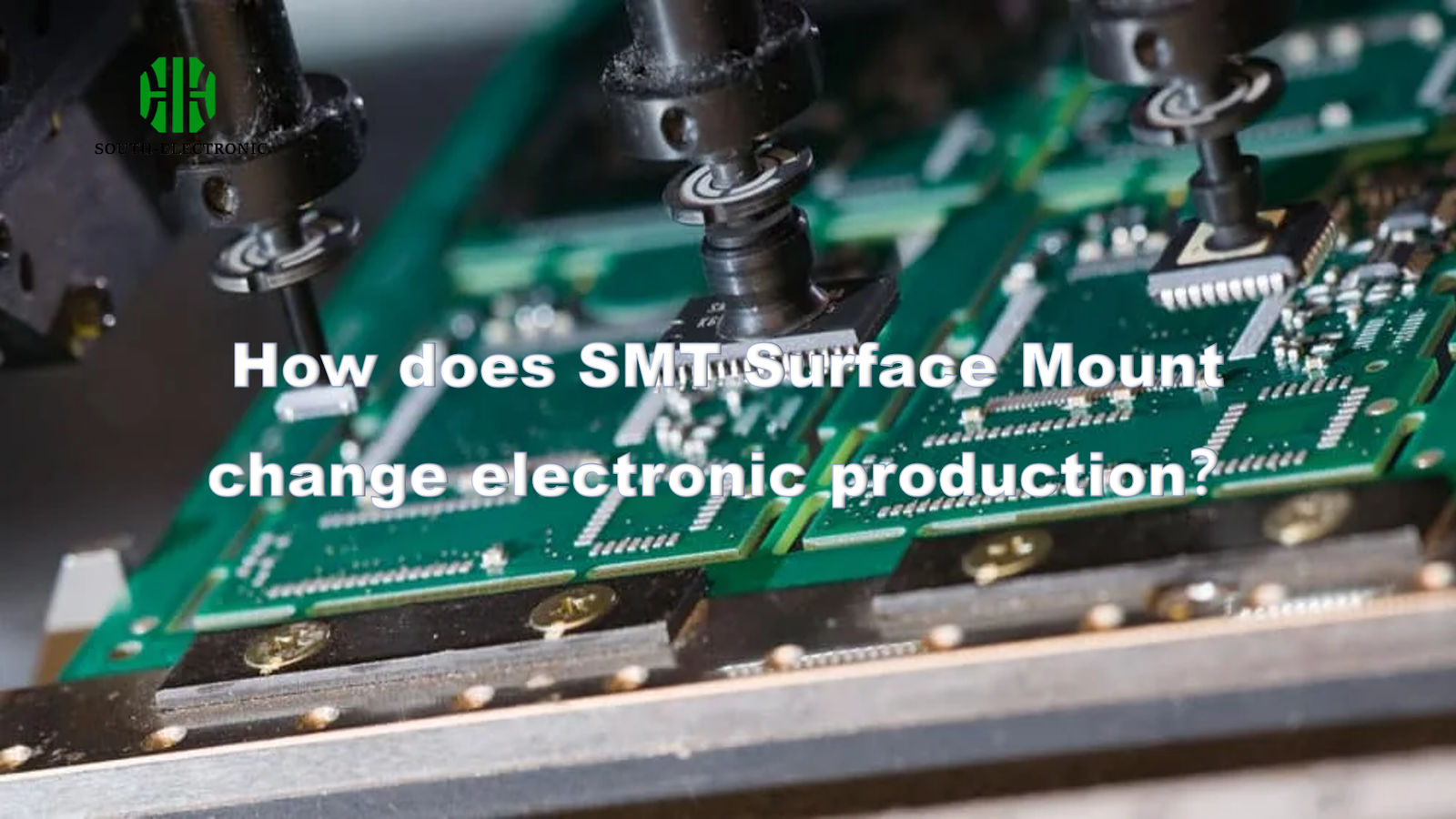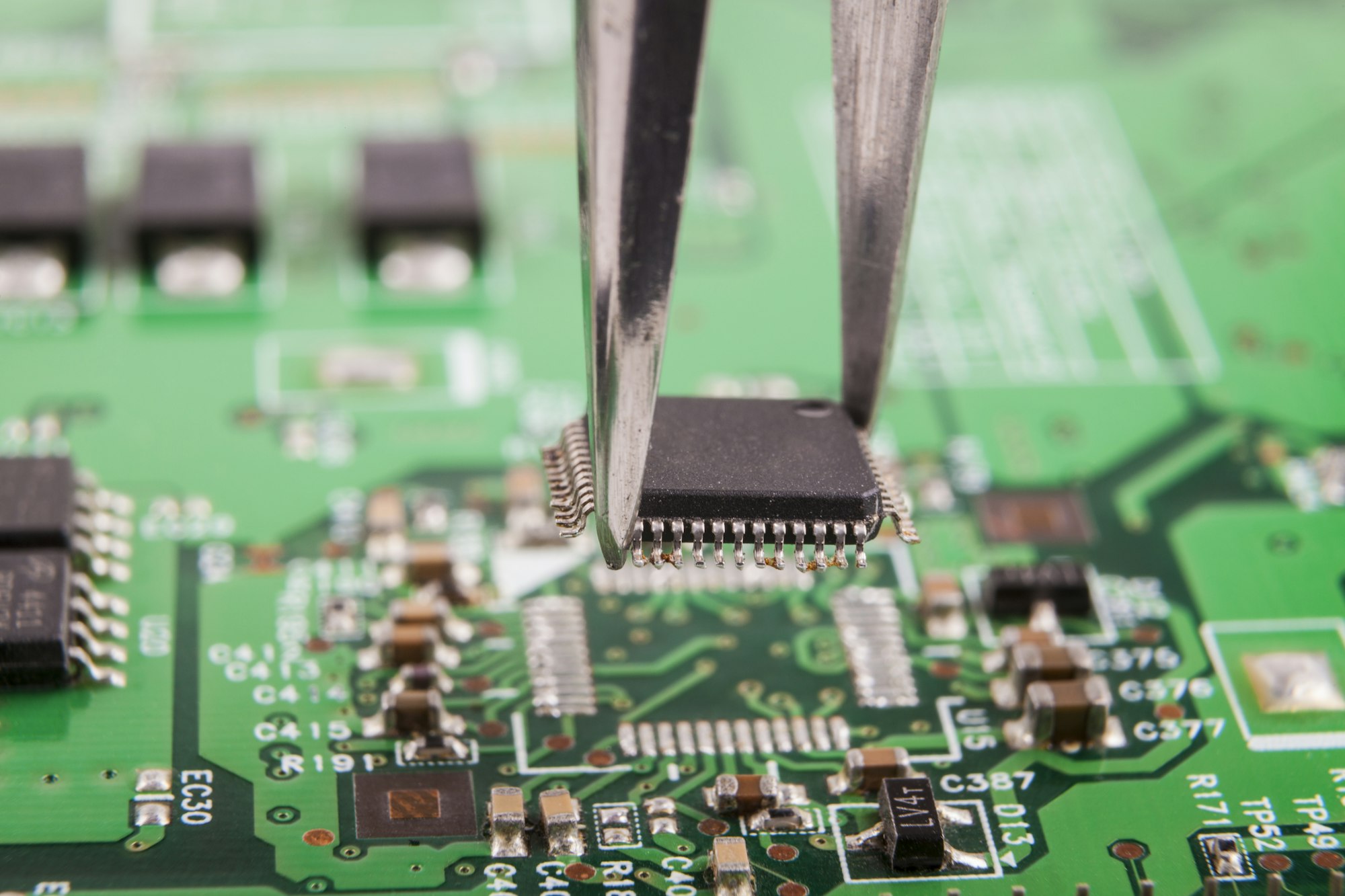Imagine big, heavy electronics from decades ago. They broke easily and cost too much. Making them was slow and messy. Surface Mount Technology fixed this mess powerfully and permanently.
SMT surface mount revolutionizes electronics by replacing bulky through-hole parts with tiny components soldered directly onto PCBs. This surface mounting technology enables smaller devices, cuts production costs by 60%, and allows full automation – transforming how we build everything from phones to medical gear.
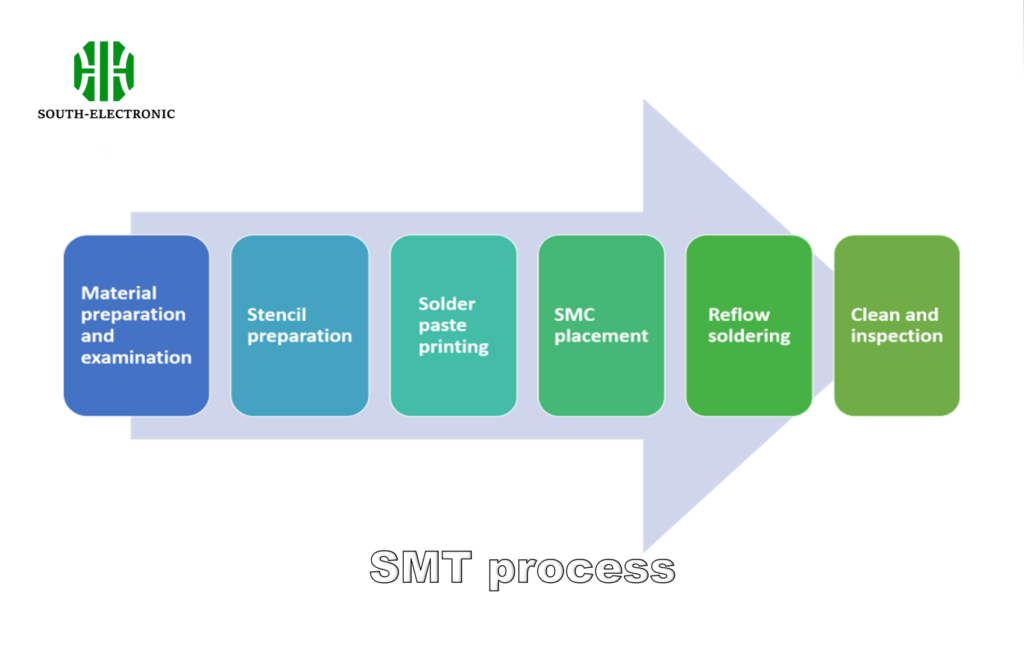
This shift didn’t happen overnight. Let’s explore why surface mount assembly became electronics’ backbone. The answers might surprise even industry veterans.
What Exactly is Surface Mount Technology?
Picture factory workers squinting at microscopic parts. Before SMT assembly, that was reality. Hands shook, mistakes multiplied. Production crawled at snail speed.
Surface mounting technology puts electronic components directly onto PCB surfaces without drilling holes. Unlike old through-hole methods, smd electronics use metal solder paste and tiny metallic pads for instant connections. SMT enabled the smartphone revolution.
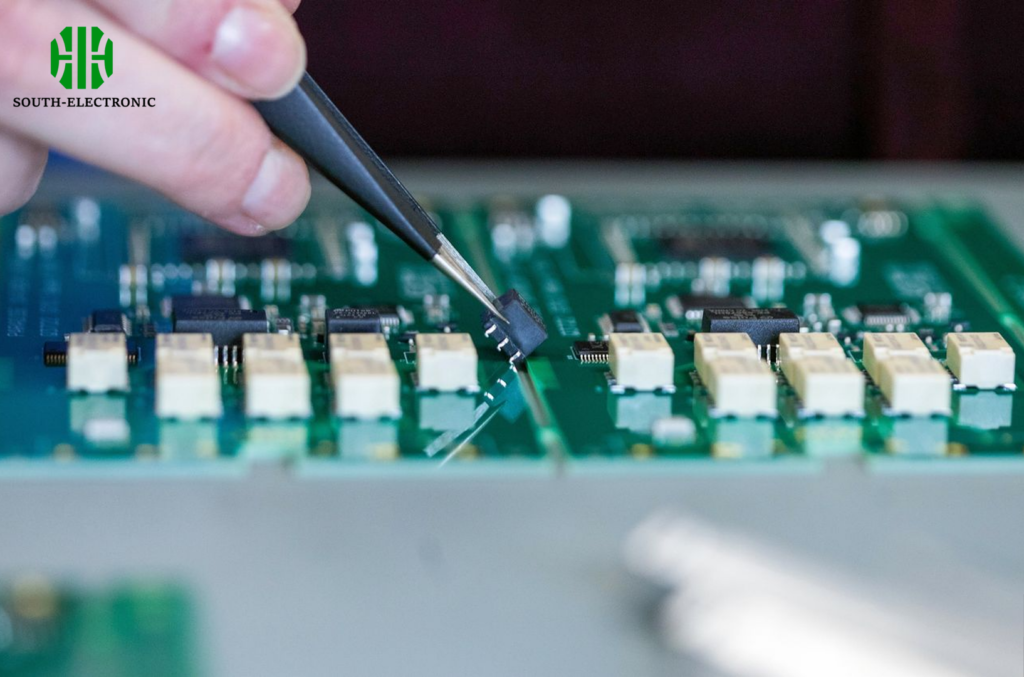
Core Mechanics of SMT
Surface mount assembly happens in three precise stages. Each phase solved historic manufacturing headaches:
| Phase | Tools Used | Time Saved | Defect Reduction | |
|---|---|---|---|---|
| Solder Paste Application | Stencil printer | 70% vs manual | 90% fewer spills | |
| Component Placement | Robotic pick-and-place | 3 seconds per board | 99.9% accuracy | |
| Reflow Soldering | Convection oven | Minutes vs hours | 1,000 units) | Small batches (<100 units) |
| Component Size | Small chips (0402 or smaller) | Large connectors/transformers | ||
| Environment | Consumer devices | High-vibration industrial gear | ||
| Rework Needs | Automated correction | Manual repairs |
Through-hole makes sense for prototypes where engineers swap parts constantly. Rugged connectors in factory equipment still need hole-mounted strength. But for smartphones or laptops? Surface mounting technology saves dollars on every unit. I once redesigned a thermostat using SMT. Production costs dropped 63%. Less material usage alone paid our tooling fees in four months. Electronics brands achieve lower price tags mainly through SMT assembly savings.
How Does Automated SMT Assembly Accelerate Mass Production?
Visualize assembly lines crawling with technicians. Before automation, 30 workers built 100 radios daily. Errors multiplied like rabbits. Production delays haunted managers nightly.
Automated SMT lines output 20,000+ boards daily with minimal staff. Robots place microscopic components at inhuman precision – a single machine installs parts in 0.03 seconds. Surface mount assembly achieves speeds through continuous inline processing.
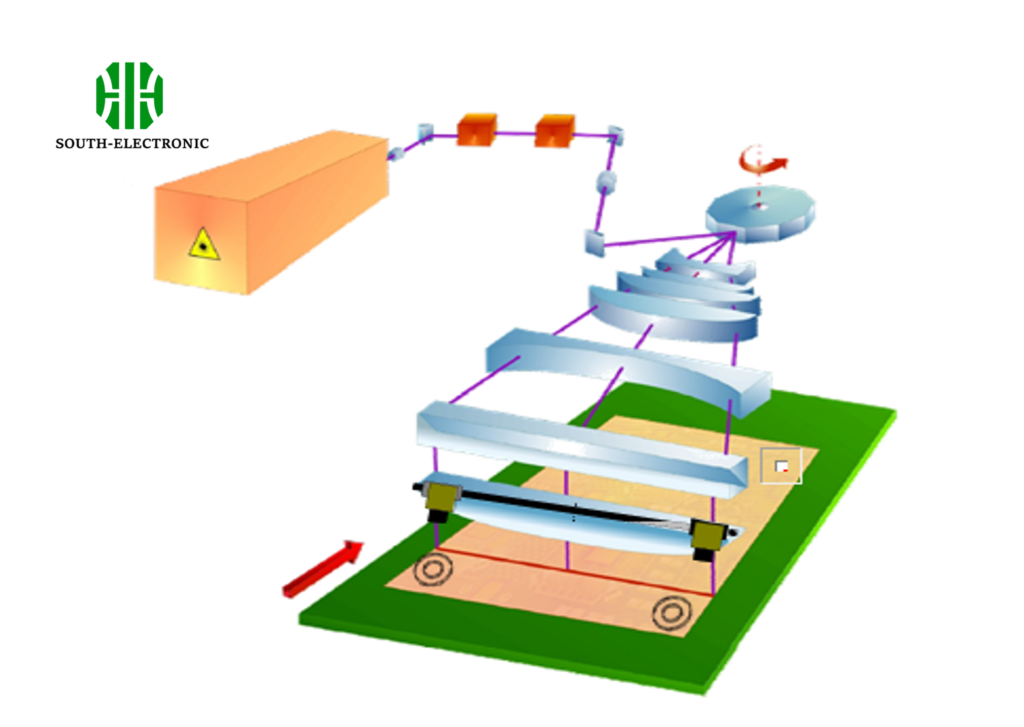
Four Speed-Doubling Advantages of Automation
Mass production relies on these interconnected systems:
| System | Function | Speed Contribution |
|---|---|---|
| Solder Paste Printers | Apply adhesive with micron precision | 40% time reduction |
| Multi-Nozzle Pick-and-Place | Simultaneous component placement | 100+ parts/second |
| Multi-Zone Reflow | Gradient heating across PCB | 3× throughput |
| Optical Inspection | Real-time defect scanning | Eliminates manual QA |
Modern SMT lines operate nonstop for 25 days monthly – pausing only for maintenance. Surface mounting technology achieves 99.98% consistency rates. I witnessed 5 machines replacing what required 120 skilled workers 15 years prior. This automation explains why smd electronics dominate markets. The meaning of smd in electronics is manufacturing transformation – where speed elevates possibility.
Conclusion
SMT surface mount made electronics smaller, cheaper, and faster to build. Its automated precision reshaped our technological world permanently. Those tiny components changed everything.

